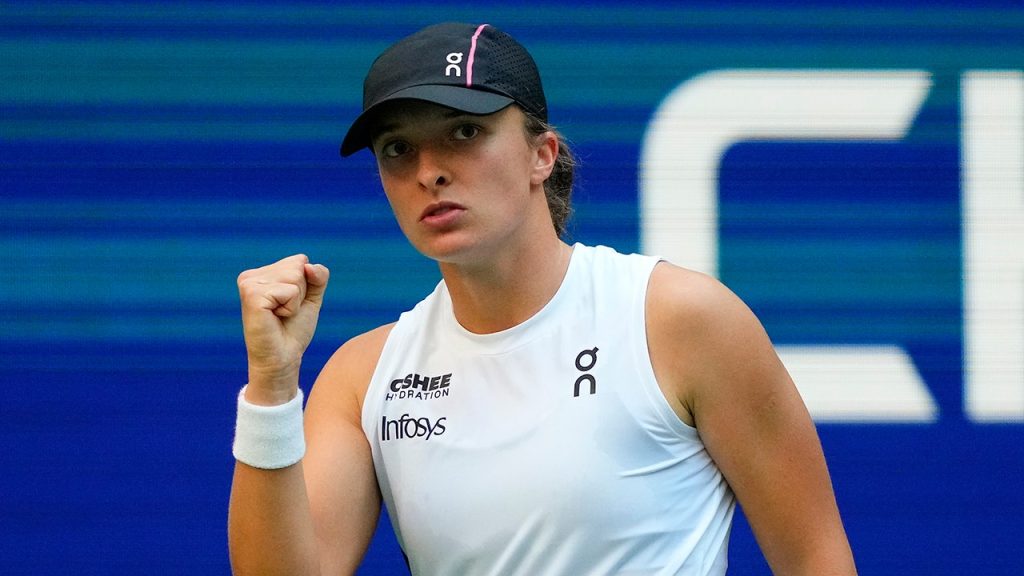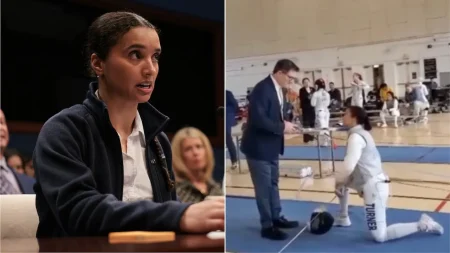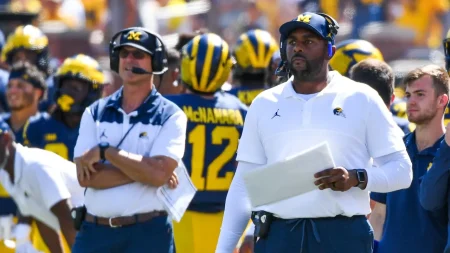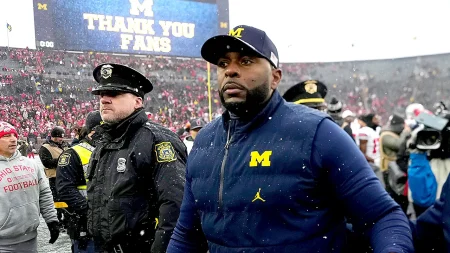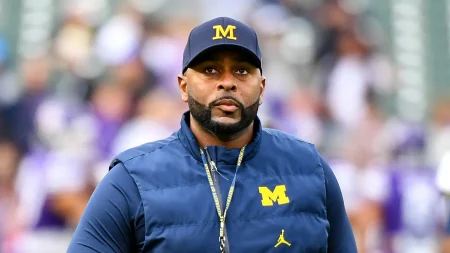Swiatek’s U.S. Open Exit: Frustration, Fatigue, and a Testy Press Conference
In the fast-paced world of professional tennis, even the most composed athletes occasionally reveal the intense pressure they face. Such was the case when Polish tennis star Iga Swiatek, ranked No. 2 in the world, unexpectedly bowed out of the U.S. Open quarterfinals on Wednesday. Her straight-sets loss to American Amanda Anisimova (6-4, 6-3) was disappointing enough, but it was her post-match press conference that truly captured attention. When a reporter innocuously asked whether she might need a “mental break,” Swiatek’s response revealed the frustration simmering beneath her typically collected demeanor. “Why would you say that?” she shot back, before turning the question on the journalist: “Talk to people responsible for the schedule. Do you need a mental break? You look like you need a mental break.” The exchange continued awkwardly, with Swiatek responding to the reporter’s admission that they too might need a break with a pointed, “Well, then what are you doing here?” When told the journalist needed to stay until the tournament’s end, Swiatek offered a curt “Good luck” that spoke volumes about her state of mind.
Despite this setback, Swiatek’s 2024 season has been objectively impressive by any standard. She claimed her first Wimbledon title, a significant achievement for a player whose game was originally built for clay courts. She reached the semifinals of the Australian Open, leaving it as the only Grand Slam she has yet to conquer. Throughout the year, she added two WTA singles titles to her growing collection, maintaining her position near the top of women’s tennis. However, the U.S. Open continues to present a particular challenge—after winning the tournament in the past, she’s now faced consecutive early exits, losing in the fourth round in 2023 and now the quarterfinals in 2024. These results, while strong for most players, fall short of the lofty standards Swiatek has established for herself.
The tension displayed in the press conference reflects the immense expectations placed on today’s tennis stars. The modern tennis calendar is notoriously grueling, with players constantly traveling between continents and time zones while trying to maintain peak physical and mental condition. For elite players like Swiatek, who consistently reach the later stages of tournaments, the demands are even greater. They play more matches, spend more time under the media spotlight, and face mounting pressure to perform at extraordinary levels week after week. Swiatek’s bristling response to the question about needing a break wasn’t merely about that specific moment, but likely reflected cumulative fatigue and frustration with a system that offers little respite to its top performers.
Amanda Anisimova’s victory represents another chapter in her remarkable comeback story. The American, who has faced her own struggles with mental health and motivation in recent years, has suddenly found herself in the U.S. Open semifinals where she’ll face former champion Naomi Osaka. The matchup between Anisimova and Swiatek carried extra significance as a rematch of their Wimbledon encounter, but this time on the hard courts of Flushing Meadows, Anisimova proved dominant. Her aggressive baseline game neutralized Swiatek’s typically relentless consistency, and the Polish star found herself without answers as the match slipped away. The loss is particularly notable given Swiatek’s reputation for mental toughness and tactical adaptability, qualities that seemed diminished during this quarterfinal clash.
The exchange highlights a growing conversation in professional sports about athlete mental health and the demands of the modern competitive schedule. In recent years, stars like Naomi Osaka, Simona Halep, and Nick Kyrgios have spoken openly about their mental health challenges, helping to reduce stigma and bring attention to the psychological toll of elite competition. Swiatek herself has been thoughtful about these issues in the past, traveling with a sports psychologist and speaking candidly about performance pressure. Her uncharacteristically sharp response might indicate that even players with strong mental health support systems reach breaking points when the competitive calendar offers little opportunity for recovery between major events.
As the U.S. Open continues without her, Swiatek faces questions about how to approach the remainder of her season and prepare for 2025. At just 23 years old, she has already accomplished more than most players achieve in a lifetime, but her reaction reveals the double-edged sword of success: the better you perform, the higher the expectations rise, and the more painful disappointments become. The incident serves as a reminder that behind the polished performances and professional demeanor, tennis players are human beings navigating extraordinary pressure while living much of their lives in the public eye. As Anisimova moves forward to face Osaka in what promises to be an intriguing semifinal matchup, Swiatek will likely use this disappointment as motivation, adjusting her approach and returning stronger—something she has repeatedly demonstrated the ability to do throughout her impressive young career.




